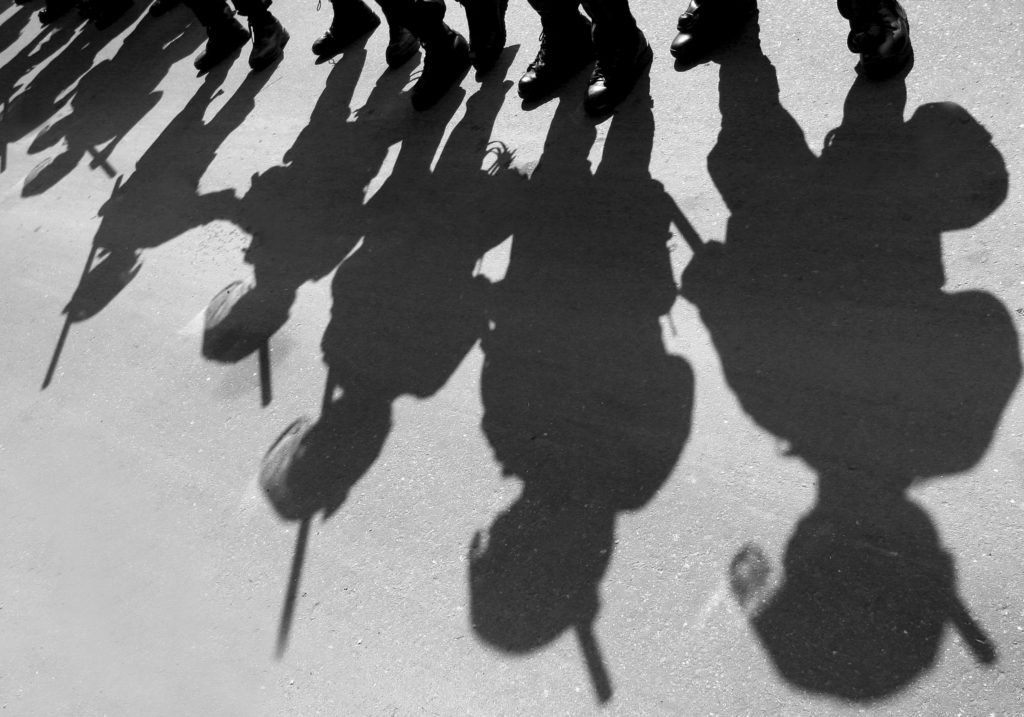An opinion by Heidi Hautala, Greens/EFA MEP and Member of the subcommittee on Human Rights.
The European Parliament has for several years called for a new tool to sanction human rights abusers worldwide. Finally on 7 December the EU Council adopted this regime which will allow the EU to impose travel bans and asset freezes on the grounds of trafficking, arbitrary arrests, slavery, as well as the more serious crimes such as genocide and crimes against humanity, anywhere in the world. The list is not, however, set in stone. If there are violations that are widespread and systematic, or otherwise of serious concern they can also fall under the regime.

While the new tool was widely welcomed, only time will tell if it will meet the high expectations among human rights communities in a large number of countries. It expressly stated scope and practical aspects as to its application do prompt questions.
The main concern stemmed from the fact that the decisions to utilise the new tool will continue to be taken unanimously in the Council, as was the case with the decisions already under the earlier sanctions regimes.
The rule on unanimity in foreign affairs has, of course, proven paralyzing and has stymied EU action in the international arena. All too often the EU has aired views that are based merely on the lowest common denominator, or worse, remained a silent bystander.

In various unstable situations in the EU neighbourhood in the East and the South, serious crimes and rampant violence have gone unchecked and rogue states have strengthened their footing when the EU has failed to fill a vacuum of leadership. The newly appointed Secretary General of the European External Action Service, Mr Stefano Sannino, speaking to the Parliament’s Human Rights Subcommittee, was equally displeased about the matter and assured that the switch to qualified majority voting could be discussed in the future.
If there is no switch, the risk that the regulation amounts to nothing more than an empty vessel is significant.
It is worth attention that on 5 November the Parliament and the Council reached a milestone agreement whereby those Member States that disrespect the rule of law will risk losing access to EU funds. What is more, the Council agreed to adopt its final decision to stop the funds by a qualified majority. There is no justification, let alone an acceptable justification, as to why it cannot be applied in imposing human rights based sanctions.
Another failure of the new regime is not to expressly include corruption into the list of crimes. Disappointingly, it seems that the Member States had discussed listing corruption, as they had discussed the unanimity decision making, and then decided against it. Corruption is often the root cause or at least conducive to human rights violations and needs to be addressed as such.
I take relief of the fact that the tool will be reviewed in 2023, when adding corruption to the list can be discussed again Hopefully by then, the Member States will have realized that they should also move to qualified majority voting in order to be a strong voice in the world in the defence of human rights.
The European Parliament will play a crucial role in scrutinising the application of the new tool. Furthermore, it will be crucially important to see how the Parliament’s input as to individuals and entities to be listed and evidence to be taken into account is processed in the Council. Formally the proposals can only be made by a Member State or the EU High Representative but clearly the ”letterbox” will receive proposals also from the Parliament and civil society.

Heidi Hautala is an MEP from Finland, EP Vice-President and Greens/EFA Member of the subcommittee on Human Rights.